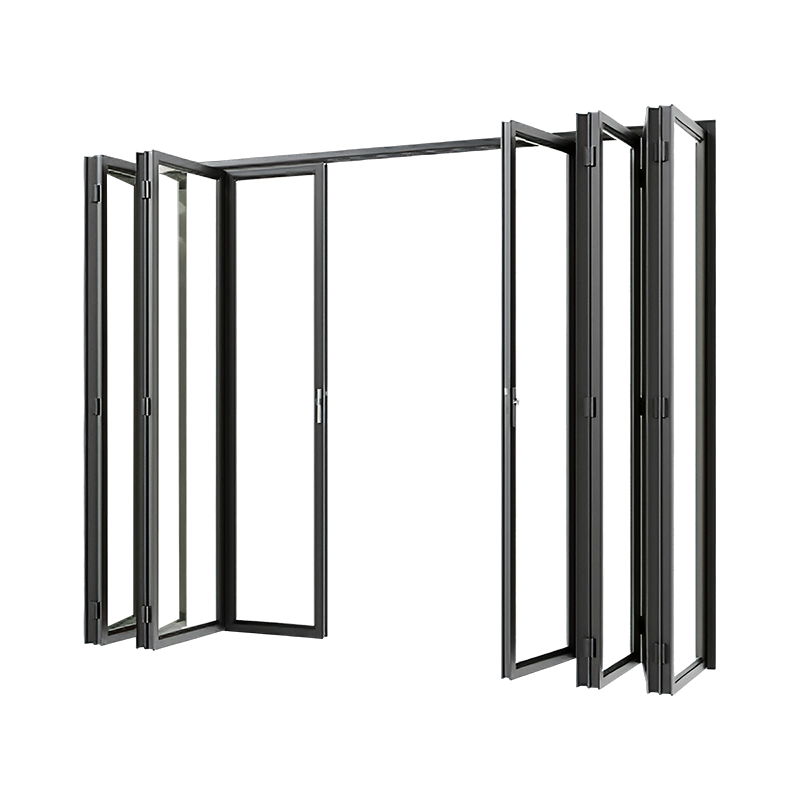Aluminum Windows: The Ultimate Guide to Alloy and Hurricane-Resistant Options
Introduction Aluminum windows have become one of the most popular choices in modern construction, offering a balance of strength, style, and practical...
Read MoreAluminum folding doors have become increasingly popular in modern architecture for their flexibility, aesthetic appeal, and ability to create large openings, such as patios, storefronts, or conference rooms. However, energy efficiency is a critical consideration, especially in climates with extreme temperatures. Here’s a detailed look at how aluminum folding doors perform in comparison to traditional swing and sliding doors.
Content
Aluminum, by nature, is a highly conductive metal, meaning heat can pass through it more easily than materials like wood, PVC, or composite frames. Without proper design features, aluminum doors may allow heat to escape during winter or enter during summer, reducing energy efficiency.
Key Factors Influencing Thermal Performance:
With these features, aluminum folding doors can achieve comparable or even superior thermal performance to traditional swing or sliding doors, especially in custom, high-quality systems.
Advantages of Swing Doors:
Limitations Compared to Folding Doors:
Aluminum folding doors with thermal breaks and high-performance glazing can match or surpass swing doors in energy efficiency, particularly for wide spans or large openings, because the modern systems are specifically engineered for insulation while maintaining flexibility.

Advantages of Sliding Doors:
Limitations Compared to Folding Doors:
Modern aluminum folding doors, with well-designed seals and insulated frames, can outperform standard sliding doors because they allow for full openings while maintaining airtightness when closed. They also offer better ventilation control and can be customized with advanced glazing to reduce solar heat gain.
Aluminum folding doors, when equipped with thermal breaks, insulated glazing, and high-quality seals, can be as energy-efficient—or even more efficient—than traditional swing or sliding doors, particularly for large openings. Their advantage lies in their ability to provide wide, flexible openings without compromising thermal performance.
However, the key to energy efficiency is not the material alone but the combination of frame design, glazing, seals, and proper installation. High-quality aluminum folding doors are ideal for modern architecture that requires natural light, aesthetic appeal, and thermal performance, making them a practical alternative to conventional doors in both residential and commercial applications.